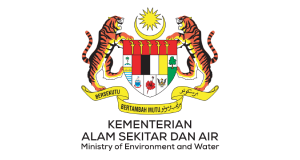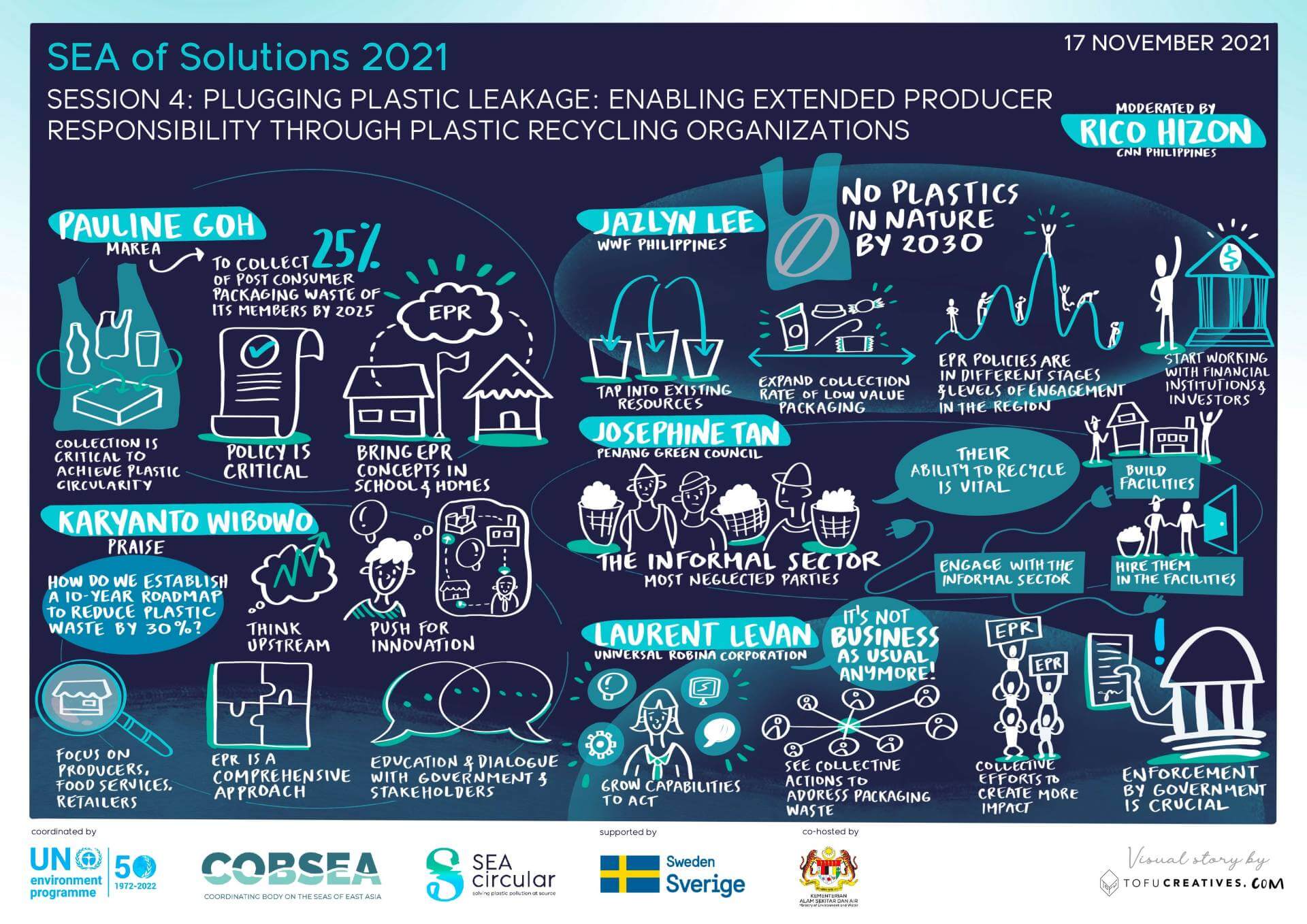Programme
Sessions and activities at the SEA of Solutions 2021 offer a space for dialogue among plastic value chain stakeholders. The three-day Programme will feature immersive sessions, which have been designed to generate insights and identify solutions to prevent plastic pollution on land and the seas. These sessions will highlight solutions for sustainable production and consumption, enabling policies and market transformation, as well as financing and multistakeholder actions
Under the theme of ‘Accelerating solutions to reduce plastic waste’, this year’s event will focus on revitalizing action to prevent and reduce plastic waste by exploring policies, partnerships, innovative technologies and financing that address present challenges and mitigate the potential impacts of future disruptive global events.
16 Nov
Opening Session
9.30-10.10 ICT / 10.30-11.10 MYT
Keynote Address
10:10-10.30 ICT / 11:10-11.30 MYT
Soft Launch: Malaysia’s National Marine Litter Policy and Action Plan
10.30-11.30 ICT / 11.30-12.30 MYT
17 Nov
Session 4
Plugging plastic leakage: Enabling extended producer responsibility through producer responsibility organizations
13.00-14.30 ICT / 14.00-15.30 MYT
18 Nov
Distinguished Panel Dialogue: Accelerating solutions to reduce plastic waste in the region
13.00-14.30 ICT / 14.00-15.30 MYT
Closing Session
15.00-16.30 ICT / 16.00-17.30 MYT
Welcome Remarks
- Ms Susan Gardner
Director, Ecosystems Division, United Nations Environment Programme (UNEP)
Opening Remarks
- Dato' Sri Tuan Ibrahim Tuan Man
Minister of Environment and Water, Malaysia
Opening Remarks
- H.E. Jon Åström Gröndahl
Ambassador to Thailand, Sweden
Opening Remarks
- Ms Dechen Tsering
Regional Director, United Nations Environment Programme (UNEP) in Asia and the Pacific
Soft Launch: Malaysia's National Marine Litter Policy and Action Plan 2021-2030
10.30-11.30 ICT / 11.30-12.30 MYT
The National Policy and Action Plan on Marine Litter 2021-2030 is developed in response to Malaysia’s commitment to address the pressing issue of marine plastic litter faced in Malaysia and also in the region.
- Dato’ Sri Tuan Ibrahim Tuan Man
Minister of Environment and Water, Malaysia
Closing Session
Voices for Acceleration
Summary of SoS2021
- Dato' Mansor bin Haji Othman
Deputy Minister of Environment and Water, Malaysia
Key Message
- Ms Helen Ågren
Ambassador for the Ocean, Sweden
Closing Remarks
- Isabelle Louis
Deputy Regional Director, United Nations Environment Programme (UNEP) in Asia and the Pacific
Session 1: A new wave of eco-friendly consumer society
13.00-14.30 ICT / 14.00-15.30 MYT
Moderator
Rico Hizon, Senior Anchor and Director for Content Development, CNN Philippines
Consumer awareness of plastic waste in the ocean and landfills is an important factor in driving change. However, despite this encouraging trend, a survey released by UNEP and FIA in 2020 revealed a significant disconnect between expectation and action on reducing plastic waste. In addition, unprecedented change in consumption habits during the COVID-19 pandemic could have undermined efforts to combat plastic pollution.
This session aims to identify effective strategies for transforming consumer behaviour, including industry initiatives to shape and address consumer demand, as well as advocacy initiatives that catalyse consumer awareness and action for more eco- friendly behaviour and lifestyles beyond the COVID-19 pandemic.
This session aims to:
- Discuss the latest trends and challenges in promoting an eco-friendly and zero plastic lifestyle among consumers;
- Share effective approaches in transforming consumption patterns, consequently reducing plastic use in different consumer industries (e.g. textiles, e-commerce, retail, travel and tourism); and
- Identify the benefits of shifting away from a throw-away culture for business, communities and young consumers through proven tools and strategies.
Panelists
- Idan Ma'at
Commercial Head of Hatta Dolmat / Vice President of KL Young Designers Association - Tiza Mafira
Executive Director, The Plastic Bag Diet Movement - Jon Cannon
Planet 21 Champion / General Manager of ibis Styles Bangkok Khaosan Viengtai - Jasmin Irisha
Climate and Environment Consultant, UNICEF Malaysia - Kay Vasey
Founder The MeshMinds Foundation - Dave Albao
Executive Director, Philippine Reef and Rainforest Conservation Foundation, Inc.
Session 2: Innovations in sustainable packaging value chain
15.00-16.30 ICT / 16.00-17.30 MYT
Moderator
Ruba Nackeeran, Partnerships Manager for Southeast Asia and Country Head of Malaysia, Eco-Business
Plastic packaging generates the most plastic waste of any sector, posing a significant threat to ecosystems. Due to poor product design, recycling remains challenging and costly. On the other hand, competition with virgin plastic raw materials pose a serious challenge to the use of recycled raw materials, making single use plastics and packaging waste, particularly those of low value, the main contributors to plastic leakage that end up as land-based and marine plastic pollution.
In recent years, new innovations in design, collection schemes and products from recovered waste along the plastic value chain have given us hope for less plastic wasted. This session aims to discuss strategies to overcome barriers to achieving a greater level of recycling and to support scale up of the promising innovations across the value chain, technical as well as business models that can enable less plastic wasted.
This session aims to:
- Highlight the efforts and success of innovations in the plastic value chain, and also the potential to scale-up through business models and collaborations that can lead to less plastic wasted;
- Identify gaps in the waste management and plastic value chain that can hinder realization of innovations, and how actors in the value chain can close these gaps; and
- Discuss how businesses can accelerate improvements, innovations and plans in the pipeline to lower their plastic footprint.
Panelists
- Kirsten van Zandwijk
Sustainability & Partnerships Director, The Coca-Cola ASEAN and South Pacific Singapore - Prof. Visvanathan Chettiyapan
Professor, School of Environment, Resources and Development Asian Institute of Technology - Tanah Sullivan
Group Head of Sustainability Gojek - Martyn Tickner
Project Sourcing and Development Manager, Alliance - Oliver Kade
Sustainability Specialist, Seven Clean Seas - Dr Peter Nitschke
Director for Community Partnerships, Plastic Bank
Session 3: Cities and urbanization towards less plastic leakage
10.00-11.30 ICT / 11.00-12.30 MYT
Moderator
Voltaire Acosta, Project Manager, Healthy Oceans and Clean Seas Initiative, UN-Habitat
Cities play a critical role in addressing waste management and eliminating plastic waste leakage from the system. Successful pilot initiatives have been carried out at city levels, promoting a circular approach, applying innovative tools to identify waste leakage, engaging citizens and businesses in change, and creating inclusive policies and regulations.
Under the SEA circular project, good practices for integrated plastic waste management, community engagement and outreach are demonstrated in two pilot sites in Petaling Jaya and Penang, Malaysia. In partnership with UN-Habitat, data is collected on waste leakage and flows in cities in South-East Asia to inform evidence-based interventions at local level, including in Chonburi (Thailand), Seremban (Malaysia), Hoi An and Tam Ky (Viet Nam), and Kep and Sihanoukville (Cambodia).
This session aims to:
- Feature successful city-level initiatives to identify and prevent plastic pollution by converting waste into resources and creating benefits for communities;
- Identify challenges and success factors for implementation and replication; and
- Explore new opportunities to share lessons learned, leverage resources and create partnerships for local action.
The session will focus on two main areas for city-level action on plastic pollution:
- Data and baselines
- Legislation and enforcement
Panelists
- Mayor Richard Gomez
City Government of Ormoc, Philippines - Jost Dittkrist
Programme Officer, Science and Technical Assistance Branch - Czarina Constantino-Panopio
National Lead, No Plastics in Nature - Anthony Tan
Executive Officer (Finance), Secretariat of All Party Parliament Group Malaysia on Sustainable Development Goals - Dato Adnan Pawanteh
Executive Director, Corporate Affairs, Nestlé Malaysia - Harshad Barde
Director, SWaCH Pune Cooperative - Dr So Nam
Chief Environment Managerment Officer, Mekong River Commission Secretariat
Session 4: Plugging plastic leakage: Enabling extended producer responsibility through producer responsibility organizations
13.00-14.30 ICT / 14.00-15.30 MYT
Moderator
Rico Hizon, Senior Anchor and Director for Content Development, CNN Philippines
Extended Producer Responsibility (EPR) is at an early voluntary phase in this region. Collection and recycling levels are extremely low while leakage that cause plastic pollution remain unacceptably high, particularly for low value post-consumer packaging materials. Companies and sectors engaged in the Plastic Value Chain are beginning to address the problem through producer responsibility organizations (PROs). These organizations can act as a conduit to connect the actors in the value chain, close waste management infrastructure gaps, connect businesses to the informal sector and enable collection of waste for recycling. However, we need to see great acceleration and a shift from voluntary to mandatory EPR to be able to see a difference.
This session aims to identify effective strategies for implementing extended producer responsibility and enabling producer responsibility organizations to scale up, to bring more actors in the plastic value chain on-board in ending plastic leakage into the environment.
This session aims to:
- Highlight the efforts, successes and challenges faced by PROs in getting off the ground and scaling up their collection and management of plastic waste;
- Identify gaps in waste collection and management, policy and consumer behaviour, and based on the experience this far, what could be enablers for scaling up their operations;
- Discuss how businesses, PROs, regulators can energize the efforts, and through EPR plug plastic leakage into the environment.
Panelists
- Karyanto Wibowo
Chairman Packaging & Recycling Alliance for Indonesia Sustainable Environment - Laurent Levan
Senior Vice President, Corporate Development and External Affairs Universal Robina Corporation - Pauline Goh
General Manager Malaysian Recycling Alliance Berhad - Jazlyn Lee
SEA Regional Coordinator - Circular Economy for Plastics (EPR) WWF Malaysia - Josephine Tan
General Manager Penang Green Council
Moderator
Elisa Tonda, Head of Consumption and Production Unit, United Nations Environment Programme (UNEP)
A circular economy aims to accelerate our efforts to address plastic pollution, by ensuring that plastic products remain in the economy at their highest economic value for as long as possible and do not pollute our oceans, rivers and land. Businesses have a crucial role to play in building circularity in our economy and society. Over the past years, many businesses have stepped up their commitments and have recognized the potential of circular business models.
This session will showcase innovative business models for plastic circularity and will discuss what actions need to be bolstered at regional and global levels to incentivize a shift away from business as usual to a circular economy.
This session aims to:
- Demonstrate circular business models that prevent plastic pollution and integrate profit, people and planet;
- Showcase innovative and sustainable ventures for circularity from different industries; and
- Highlight what shifts are necessary in policies, standards, and regulations to enable business transformation.
Panelists
- Ambrogio Miserocchi
Senior Policy Officer Ellen MacArthur Foundation - Esther An
Chief Sustainability Officer City Developments Limited - Dr. Chindarat Taylor
Founder and Director Resource Efficiency Pathway / Vice President Solid Waste Management Association of Thailand - Seah Kian Hoe
CEO Heng Hiap, Malaysia - Barak Ekshtein
Founder TonToTon, Viet Nam - Salisa Traipipitsiriwat
Net Free Seas Project Coordinator Environmental Justice Foundation
Session 6: Sustainable financing for a waste-free future
10.00-11.30 ICT / 11.00-12.30 MYT
Moderator
Gita Sabharwal, UN Resident Coordinator, Thailand
Mobilizing investments is key in transforming markets and societies towards a waste-free future by boosting the economic value of waste materials and de-risking investment in circular innovation. Innovative financing calls for a combination of public and private mechanisms, from large-scale grants and loans by multilateral development banks, private sector incubators for innovative business models, plastic credit schemes to catalyse change, to microfinancing for community-based action. Plastic accounting for neutrality and credit schemes are evolving and taking shape very quickly, getting this right for all relevant stakeholders, achieving a harmonized approach will further support efforts to achieve circularity.
This session will discuss financing opportunities and gaps for preventing and reducing plastic pollution at different levels, from start-ups and small and medium enterprises, to city-level and national action. Speakers will present innovative financing mechanisms on the horizon for effective public and private funding models for change and discuss gaps in governance frameworks to catalyse financing.
This session aims to:
- Understand the risks and barriers in financing marine litter and plastic pollution reduction;
- Identify inclusive financial instruments at different levels and emerging financing mechanisms such as plastic credits, their potential and trade-offs; and
- Discuss pressing governance issues to facilitate concerted efforts for sustainable financing.
Panelists
- Ina Ballik
Senior Project Manager ValuCred, Yunus Environment Hub - Dr. Theresa Mundita Lim
Executive Director, ASEAN Centre for Biodiversity - Luanne Sieh
Head, Group Sustainability, CIMB Group - Steve Hardman
Chairman, Plastic Collective
Distinguished Panel Dialogue: Accelerating solutions to reduce plastic waste
13.00-14.30 ICT / 14.00-15.30 MYT
Moderator
Jessica Cheam, Founder and Managing Director, Eco-Business
Reducing global plastic pollution is one of the greatest challenges facing the planet. Fortunately, solutions exist; however, actions must be accelerated. SEA of Solutions 2021 sessions provide diverse experiences and recommendations from innovation, financing, circularity, behavior choices , research to policies and incentives.
Governments, consumers, investors, businesses and millions of people are stepping up. Together, we can fight the currently over 13 million tonnes of plastic that ends up in our oceans and waterways each year, which negative impact on our natural ecosystems, economies, livelihoods and health.
Panelists
- Amy Fraenkel Executive
Secretary Convention on the Conservation of Migratory Species of Wild Animals - Dr Rolph Payet
Executive Secretary Basel, Rotterdam and Stockholm Conventions Secretariat - Leticia Carvalho
Head of the Freshwater, Marine and Coastal Ecosystems Branch UN Environment Programme - Yutaka Matsuzawa
Director, Marine Plastic Pollution Control Office Ministry of Environment, Japan
Daily highlights
Coordinated by
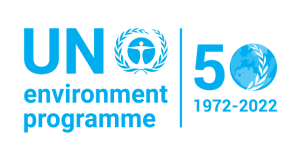
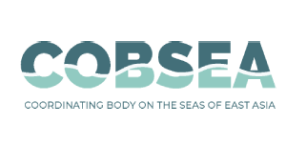
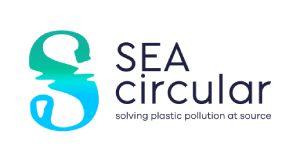
Supported by
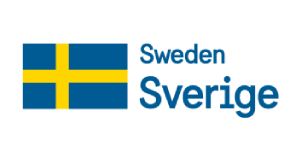
Co-hosted by
